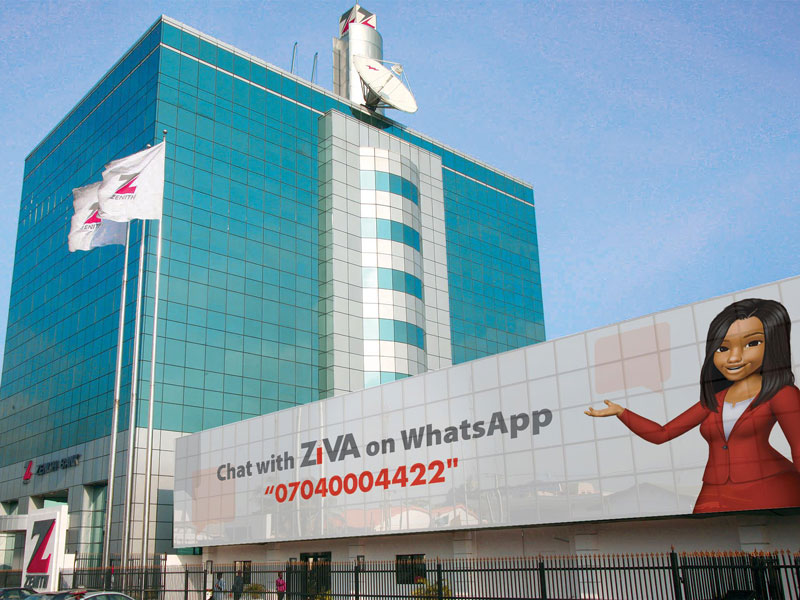
Micro, Small and Medium Enterprises (MSMEs) are emerging as a pivotal force in driving financial inclusion in Nigeria. Financial inclusion is increasingly recognized as a catalyst for entrepreneurial growth and enterprise inclusiveness.
A study conducted in Southwest Nigeria has shed light on the significant impact of financial inclusion on the performance of MSMEs. The study found a positive correlation between financial inclusion and the profitability and sales growth of MSMEs. However, MSMEs face a significant hurdle in accessing formal financial services, primarily due to the lack of required collateral to secure loans.
Recognizing this challenge, the Central Bank of Nigeria and National Financial Inclusion Governance Committees have taken proactive steps. They have launched new policy documents aimed at accelerating financial inclusion across the country. This initiative has already yielded positive results, with the financial exclusion rate dropping from 53.0% in 2008 to 46.3% in 2010.
The bank has set ambitious targets for the future, aiming to further reduce the exclusion rate to 20% by 2020. The targets include increasing adult Nigerians’ access to a range of financial services, including payment services, savings, credit, insurance, and pensions.
In conclusion, MSMEs are indeed a key to unlocking financial inclusion in Nigeria. While challenges remain, concerted efforts are underway to ensure these enterprises have access to the formal financial services they need to thrive.







